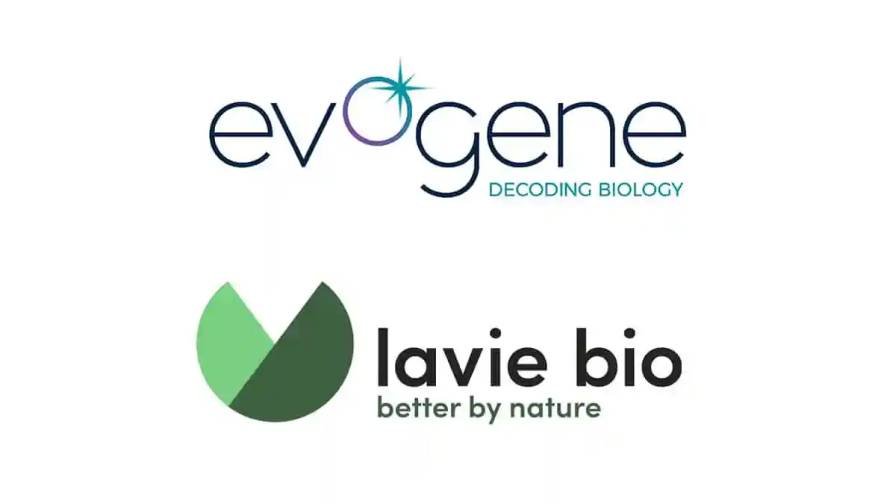Rallis India CEO: Global Collaboration, Integrated Solutions Among Keys to Long-Term Success
In a recent interview with AgriBusiness Global, Dr. Gyanendra Shukla, MD & CEO of Rallis India Limited, shared insights into the company’s vision for sustainable innovation in agriculture, emphasizing the need for integrated solutions across seeds, crop protection, biologicals, and digital tools, while also promoting regenerative agriculture and integrated pest management (IPM) for long-term soil health.
ABG: What do you see happening in the next several years for innovation and sustainability in agrochemicals?

Dr. Gyanendra Shukla, Rallis India
Gyanendra Shukla: Ethical and sustainable sourcing will continue to play a vital role in ensuring fair trade, supply chain transparency, and environmental responsibility through green chemistry, circular economy models, and carbon footprint reduction.
Moreover, global collaboration is key — by combining expertise across biotechnology, artificial intelligence, and climate-smart agriculture, we can drive meaningful progress in the agrochemical industry.
ABG: As technology reshapes modern agriculture, what are the most critical challenges and opportunities in integrating digital tools, precision farming, and AI-driven solutions to improve productivity and sustainability?
GS: Integrating digital tools, precision farming, and AI-driven solutions presents both challenges and opportunities in modern agriculture. Key obstacles include the digital divide, where smallholder farmers struggle with limited technological access and internet connectivity, as well as the need for standardized, high-quality datasets to improve AI-driven decision-making.
Additionally, the high implementation costs of advanced technologies can be a barrier for small and mid-sized farms. Addressing these challenges requires collaborative efforts to improve accessibility, data infrastructure, and affordability.
Despite these hurdles, digital innovation offers transformative opportunities. AI-powered precision farming enhances real-time crop monitoring, pest prediction, and resource optimization, while smart irrigation and climate-smart farming improve water efficiency and climate resilience.
Digital marketplaces and blockchain technology create transparency, reduce losses, and connect farmers directly with buyers. Automation through robotics and drones increases efficiency while reducing labor dependency.
We have embraced this digital transformation with initiatives like SAP S4/HANA Rise for business integration, SeedSure for seed production traceability, and SeedSay for AI-driven demand forecasting — ensuring higher productivity and sustainability.
ABG: Agricultural input companies play a crucial role in supporting farmers across the value chain. What gaps still exist in linking seeds, agrochemicals, and plant nutrition more effectively, and how should the industry address them?
GS: Key gaps in linking agricultural inputs create inefficiencies that hinder productivity and sustainability. Farmers often receive separate recommendations for seeds, crop protection, and fertilizers, lacking an integrated approach that could be enhanced through precision agronomy and AI-driven advisory.
Additionally, traditional farming practices still dominate over data-backed decision-making, highlighting the need for AI-based diagnostics and IoT-enabled monitoring to optimize input use. Supply chain inefficiencies further limit farmers’ timely access to quality inputs, making last-mile distribution improvements through digital platforms essential for better accessibility.
Beyond operational challenges, sustainability and regulatory concerns must be addressed, as excessive agrochemical use and soil degradation threaten long-term viability. The adoption of biological solutions and precision application technologies can help reduce environmental impact while maintaining productivity. To bridge these gaps, the industry must transition from a product-centric model to a solution-driven ecosystem — leveraging technology, farmer education, and integrated partnerships to drive efficiency, resilience, and sustainability in modern agriculture.
ABG: With global corporations relying on contract manufacturing for agrochemicals, what are the key factors shaping innovation, regulatory compliance, and sustainability in this space?
GS: Advances in green chemistry, bio-based formulations, and enhanced delivery mechanisms are improving efficacy while reducing environmental impact. At the same time, navigating stringent global regulations such as EU REACH and U.S. EPA standards requires significant investment in testing, certification, and traceability to ensure compliance.
Sustainability is also a driving force, with a growing emphasis on responsible sourcing, energy-efficient manufacturing, and waste management to meet ESG commitments.
Additionally, supply chain resilience has become essential, as global corporations seek partners that provide reliable sourcing, risk mitigation, and flexibility in responding to market disruptions.
To thrive in this evolving landscape, contract manufacturers must embrace innovation, maintain proactive regulatory compliance, and integrate sustainable practices, aligning with global trends and technological advancements.
ABG: As the industry shifts toward more sustainable practices, what scientific and regulatory hurdles must be overcome to scale eco-friendly agrochemicals and biological solutions while ensuring long-term soil and crop health?
GS: Scaling eco-friendly agrochemicals and biologicals presents several challenges across both scientific and regulatory dimensions. Biopesticides and biofertilizers often face issues with efficacy and consistency, but advanced formulation technologies like microencapsulation can enhance stability and effectiveness.
Additionally, producing live microbial products requires specialized conditions, and innovations in strain selection and genetic enhancement are needed for mass production. The overuse of certain bioinputs can disrupt native soil microbiota, highlighting the need for a balanced, science-driven approach to ensure sustainability and efficacy in soil health.
Regulatory hurdles also play a significant role in slowing the scaling process. Many regulations are tailored for synthetic chemicals, creating delays in the approval of biological products.
Streamlined, tailored evaluation protocols and the harmonization of global standards could facilitate faster commercialization and broader adoption. Furthermore, clear guidelines and field demonstrations are essential to raise farmer awareness and encourage adoption. To overcome these challenges, the industry must invest in biotech innovations, accelerate regulatory processes, standardize global frameworks, and enhance farmer education, enabling the scaling of sustainable agrochemical solutions while safeguarding long-term soil and crop health.






